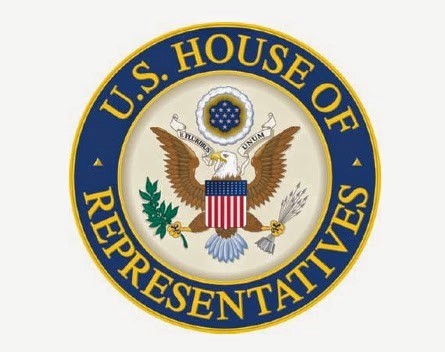
Since bonus depreciation was first introduced by the Job Creation and Worker Assistance Act of 2002, it has been extended multiple times. Except for once (in 2008), whenever the deduction for bonus depreciation has been extended, it has been made retroactive so no lapse was allowed to occur. Considering its latest extension through 2014 (although long-production-period property and certain aircraft may use bonus depreciation through 2015), you can see it has been available for quite a long period of time.
Be forewarned, however, not to take it for granted! Allowing the deduction for bonus depreciation on a permanent basis would be an expensive proposition.
Clearly it is popular as an economic stimulus. The availability of bonus depreciation encourages businesses to purchase more property in order to benefit both from the newly acquired assets as well as from the immediate deduction of their cost on their tax returns. In addition, let’s be honest here: it certainly is a lot simpler to be able to deduct the cost of property upon purchase rather than having to determine its correct depreciation method and recovery period and then having to carry it on the books for an extended period of time.

Furthermore, many economists have questioned the power of bonus depreciation as an economic stimulus. In fact, a Congressional Research Service report issued in November 2014 states that overall, bonus depreciation has not been all that effective as a short-term economic stimulus when compared to other alternatives. Although one report does recogniuze that due to the time value of money, a tax deduction is worth more the sooner it can be claimed.
Then there’s a new House rule passed in January 2015 requiring the use of dynamic scoring whenver a Congressional bill would have a large impact on revenue, spending or the budget deficit (see my accounting blog entitled Dynamic Scoring: What is it? on this site at http://sge.bz/1JhhY6n) This, too, has made the future passage of a permanent provision for bonus depreciation even more difficult.
Interestingly, while I was working on this blog, a 10-year budget plan was presented by the House, the first since the Republicans gained control of Congress this year. The budget’s goal is to eliminate the current deficit by 2024, largely by repealing the Affordable Health Care law and allowing the expiration of many tax breaks such as the popular research and development credit. With the passing of this plan, the outlook for making bonus depreciation permanent seems to have dimmed considerably. To quote Representative Rob Woodhall (R- Georgia): “A budget is a moral document; it talks about where your values are.” And, since bonus depreciation was not mentioned…. That said, Representative Pat Tiberi (R-Ohio) who introduced a permanent provision for bonus last year continues to promote it for passage.
Fascinating Fixed Assets Fact: The cost of making bonus depreciation a permanent deduction would cost an estimated $79 billion by its second year and almost $263 billion in ten years. This is a significant amount when you consider that one-quarter of one percent of the Gross Domestic Product is expected to be $43 billion for the current fiscal year and rise to $67 billion by 2024.


